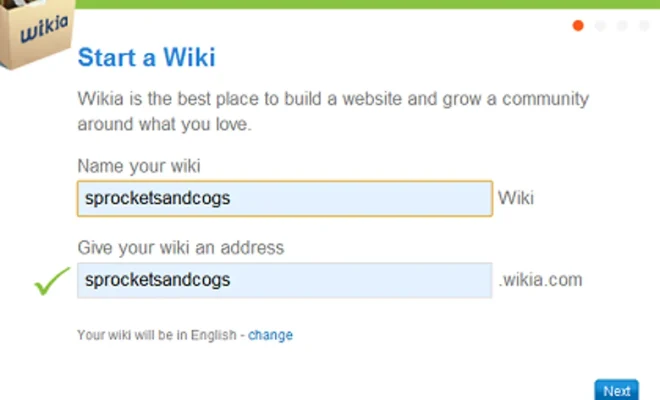How to start your own wiki

Introduction
In today’s digital age, wikis have become an essential resource for organizing and sharing vast amounts of information on specific topics. A wiki offers the unique advantage of being editable by multiple users, permitting the growth and development of a comprehensive knowledge base. If you’re considering starting your own wiki, this guide will walk you through the essential steps and provide helpful tips to help you succeed.
Step 1: Define Your Purpose
Before embarking on the journey of creating your own wiki, it’s crucial to define its primary purpose. Whether you’re creating a fan-based wiki for a popular show or building an informational repository for your company’s internal use, having a clear purpose will guide all other decisions in the process.
Step 2: Choose Your Platform
There are numerous wiki platforms available today that cater to various user requirements. Start by researching popular options like MediaWiki, DokuWiki, and TikiWiki to find one that suits your needs best. For example, MediaWiki is commonly used for larger-scale projects while DokuWiki works well for smaller, simpler wikis.
Step 3: Establish Hosting
Wikis require hosting to maintain and store all related data. Explore different hosting options in terms of storage space, bandwidth, and cost. While some platforms offer added security measures and technical support, free options such as Wikia may appeal to those looking for minimal financial investment.
Step 4: Configure Your Wiki Software
After selecting your platform and hosting option, configure the wiki software according to your specific needs. Key features to consider include user access control levels (i.e., who can view or edit content), site structure (i.e., categories and subcategories), and overall appearance (i.e., themes and visual elements). Customizing these settings is essential in making your wiki engaging and organized.
Step 5: Create Essential Content
Initiating content creation is a vital step in building your wiki. Begin by composing core articles that outline your wiki’s subject matter, in addition to essentials such as the home page, help pages, and guidelines for editors. Providing a solid foundation of content will set the stage for community engagement and collaboration.
Step 6: Promote Your Wiki
Spread the word about your wiki within relevant communities and online forums to attract potential contributors. Outreach strategies can include social media promotion, link sharing, and direct outreach to potential editors, like enthusiasts or experts on the topic.
Step 7: Monitor and Maintain Your Wiki
Lastly, be prepared to continuously monitor and maintain your wiki as it grows. Regularly review edits for accuracy, combat spam or vandalism, and update information as needed to ensure your wiki remains a valuable resource.
Conclusion
Starting your own wiki can be an exciting and rewarding experience as you watch it evolve into a comprehensive knowledge base. Remember to stay consistent in monitoring the content quality and engaging with contributors to create a thriving collaborative space. With dedication, patience, and a clear vision, your wiki is sure to succeed in its mission of sharing knowledge with the world.






